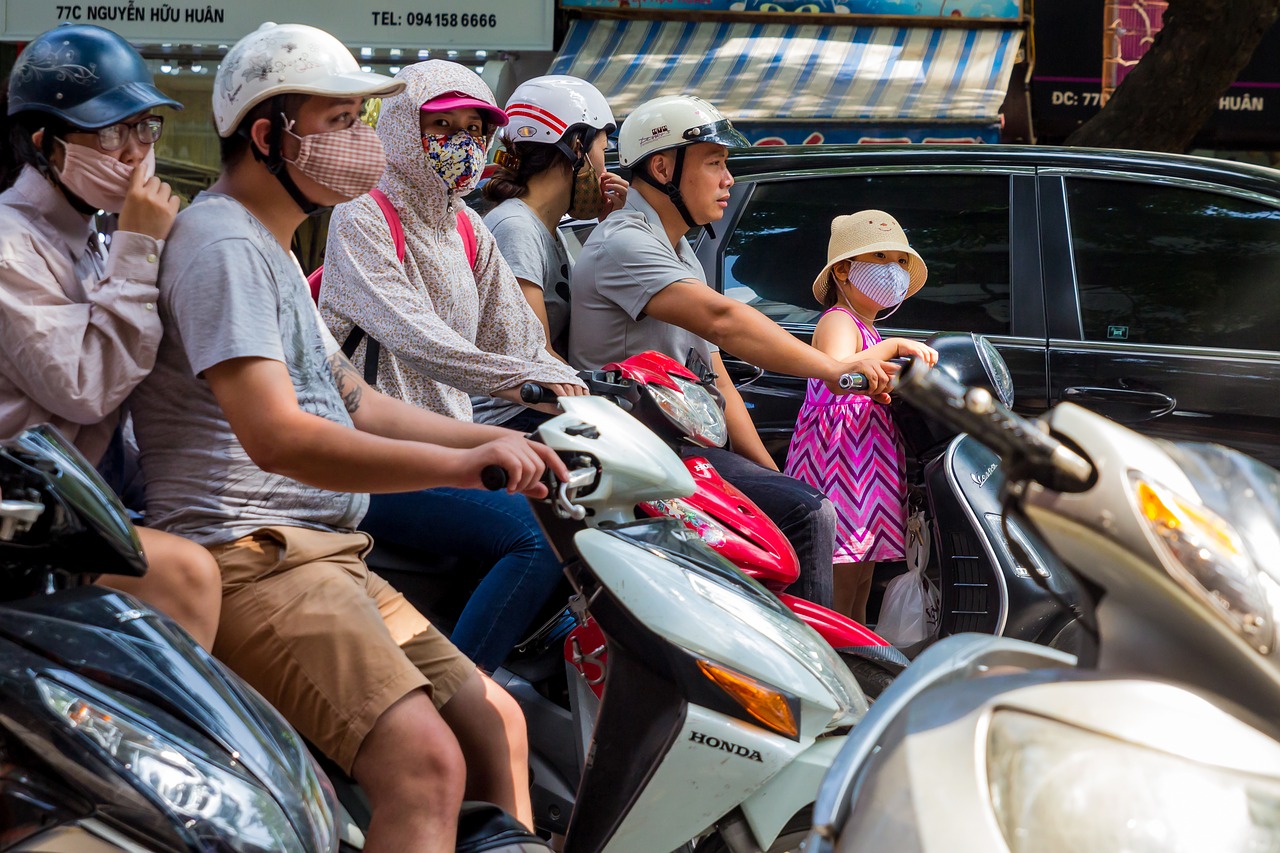
If we want to be able to avoid having unhealthy lungs, then we should do our best to prevent ourselves from doing things that can cause harm to our bodies. Most people are not aware of the implications of what our lungs do. They do not understand the risks and effects that are associated with smoking, not wearing masks, non-ventilated rooms, viruses, and bacteria.

In order to understand what affects our lungs better, take a look at the following list below and see if you are guilty of doing some of these things. You will understand why you should stop doing hurting your lungs now.
Smoking
Smoking is one of the common ways that you can destroy your lungs and lung tissue. The damage happens because it decreases the number of air spaces and blood vessels in your lungs. It will then result in less oxygen in crucial parts of the body. It can cause deadly diseases such as emphysema, pneumonia, and lung cancer. According to statistics, smoking is the reason for 84% of deaths from lung cancer and 83% of deaths from COPD or chronic obstructive pulmonary disease.
Secondhand Smoke

Secondhand smoke happens because of the mixture of smoke from the burning end of the cigarette, and the smoke breathed out by smokers. It contains more than 7,000 chemicals, and hundreds of which are toxic and at least 70 that are cancer-causing agents. on-smokers exposed to secondhand smoke have an increased risk of developing lung cancer by 20% to 30%.
Not Wearing Masks
Based on research, when it comes to exposure to air pollution, even if it’s for a short or long period of time, it can have negative effects on both the lungs and heart. It is estimated that in excess of 3 million deaths happening worldwide each year are caused by outdoor air pollution. So, you might not know it, but indeed, even traffic pollution can harm you if you’re not wearing a face mask. This is because air pollution is made up of particles and gases that include ozone, volatile organic compounds or VOCs, and carbon monoxide, among others. Even dust can be detrimental to your health because it can trigger various allergens.
Breathing in Unfiltered and Unventilated Spaces
Outdoor and Indoor air pollutants are everywhere. That is why you need to have filters and ventilation in place to prevent particles and gasses from affecting your lungs. These pollutants can cause health effects that range from sneezing and coughing to aggravating chronic respiratory disorders and can even lead to fatal illnesses such as lung cancer. Without a filtered or ventilated space, dust mites, smoke particles, formaldehyde, and VOCs can remain in the air and damage your lungs. Poor ventilation can also lead to lingering odors that can have long-term health issues and lower oxygen levels due to the build-up of carbon dioxide.

As we learn more about the air we breathe, and we start to realize how much pollution is really out there, we should consider the effects on our bodies. Especially young people or elderly adults with growing or older lungs have to be careful. In many countries around the world it is difficult to find schools, hospitals, restaurants, bars, supermarkets, and other places we find ourselves in daily, that actually filter the air they provide. Especially in bars and restaurants in developing nations, very high levels of PM2.5 are discovered indoors due to the allowance of smoking. Education and knowledge is a great start, so that’s why we are trying to let everyone know the dangers of pollution. What do you think about the air you breathe for the majority of a day? Is it clean?



